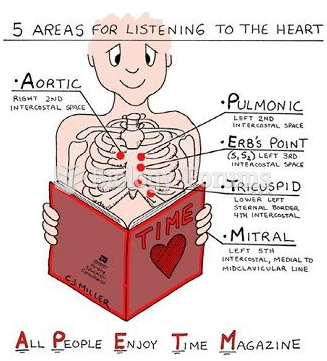This topic contains a solution. Click here to go to the answer
|
|
|
Did you know?
When blood is exposed to air, it clots. Heparin allows the blood to come in direct contact with air without clotting.
Did you know?
According to the Migraine Research Foundation, migraines are the third most prevalent illness in the world. Women are most affected (18%), followed by children of both sexes (10%), and men (6%).
Did you know?
Eating carrots will improve your eyesight. Carrots are high in vitamin A (retinol), which is essential for good vision. It can also be found in milk, cheese, egg yolks, and liver.
Did you know?
There are 60,000 miles of blood vessels in every adult human.
Did you know?
About 3.2 billion people, nearly half the world population, are at risk for malaria. In 2015, there are about 214 million malaria cases and an estimated 438,000 malaria deaths.
 Internal view of the heart illustrating the heart chambers, heart layers, and major blood vessels as
Internal view of the heart illustrating the heart chambers, heart layers, and major blood vessels as
 Color enhanced X-ray showing a pacemaker implanted in the left side of the chest and the electrode w
Color enhanced X-ray showing a pacemaker implanted in the left side of the chest and the electrode w





